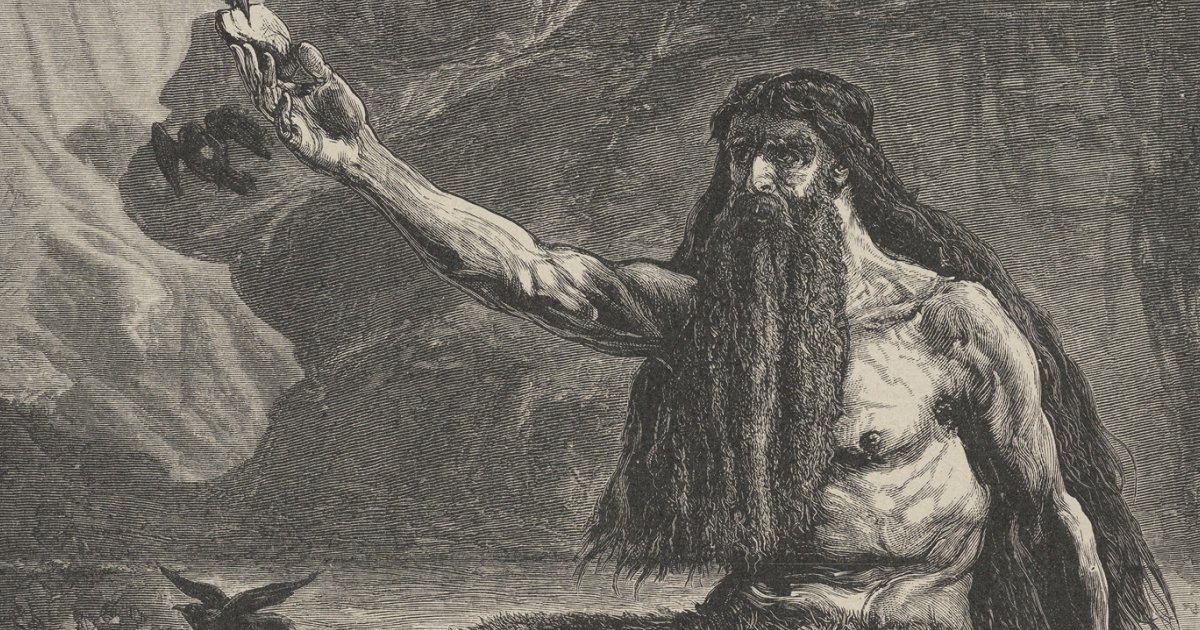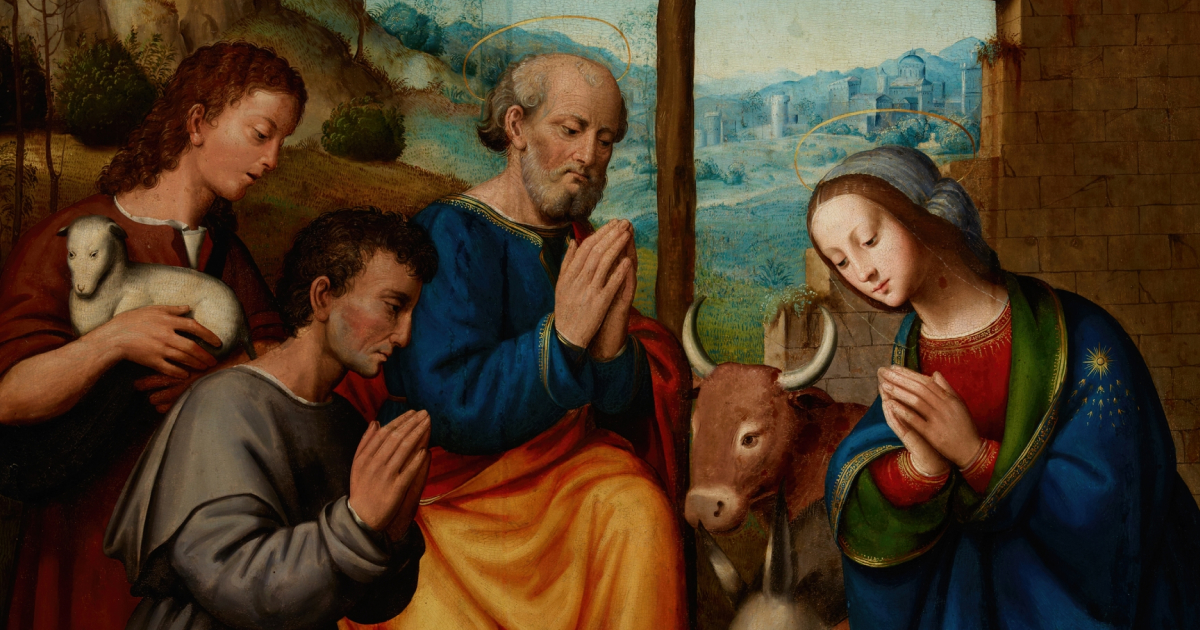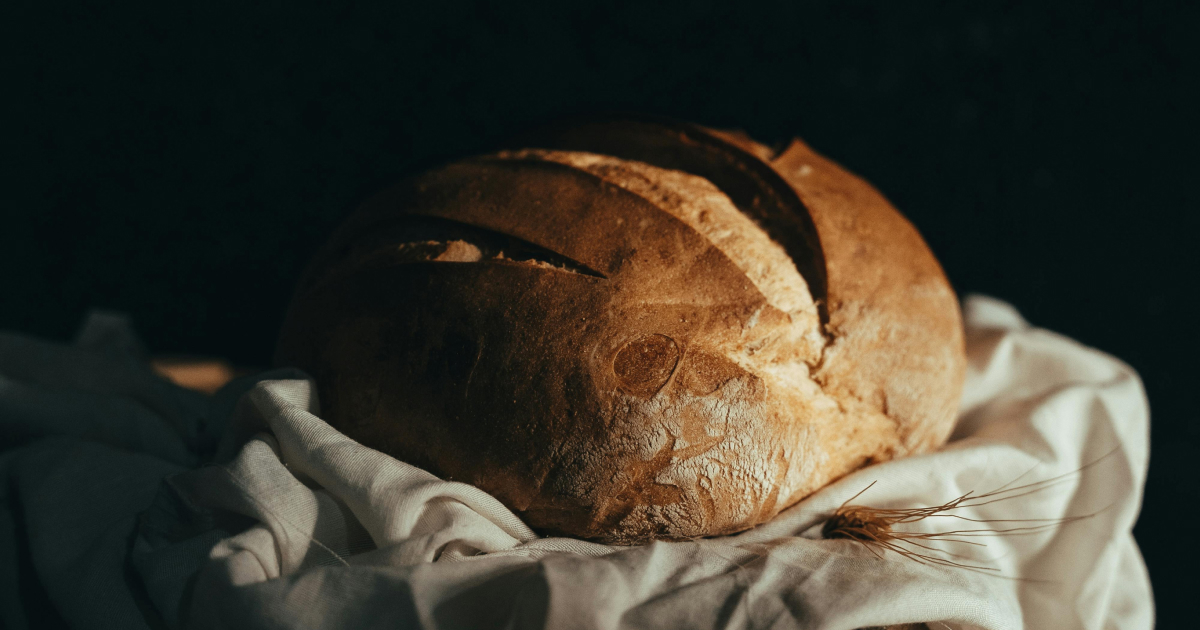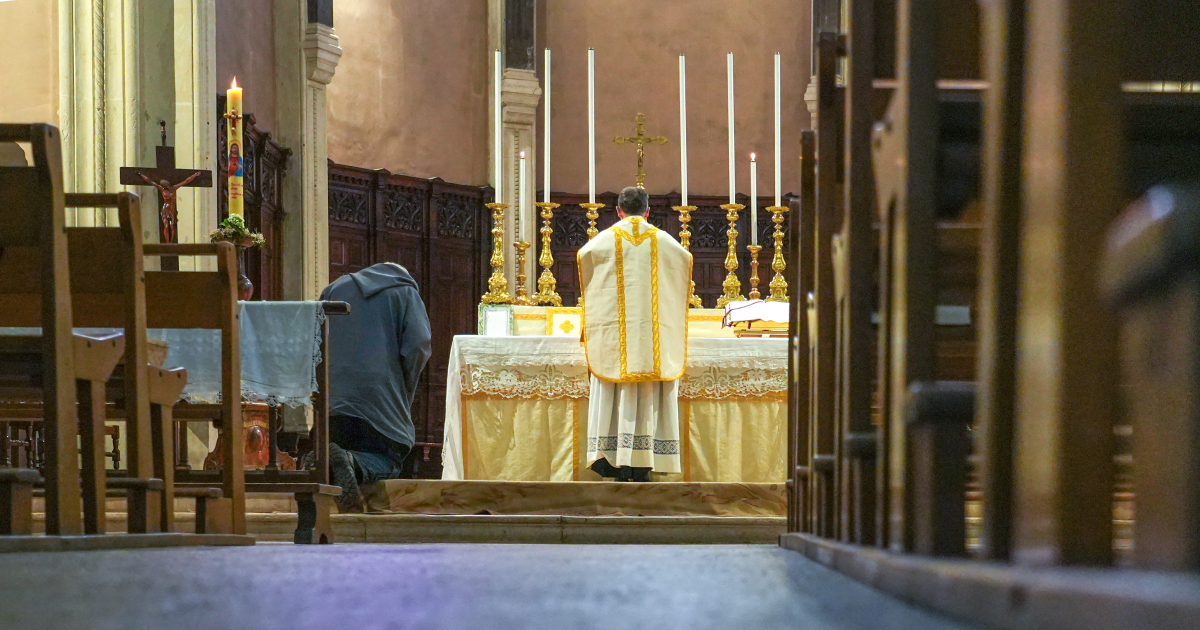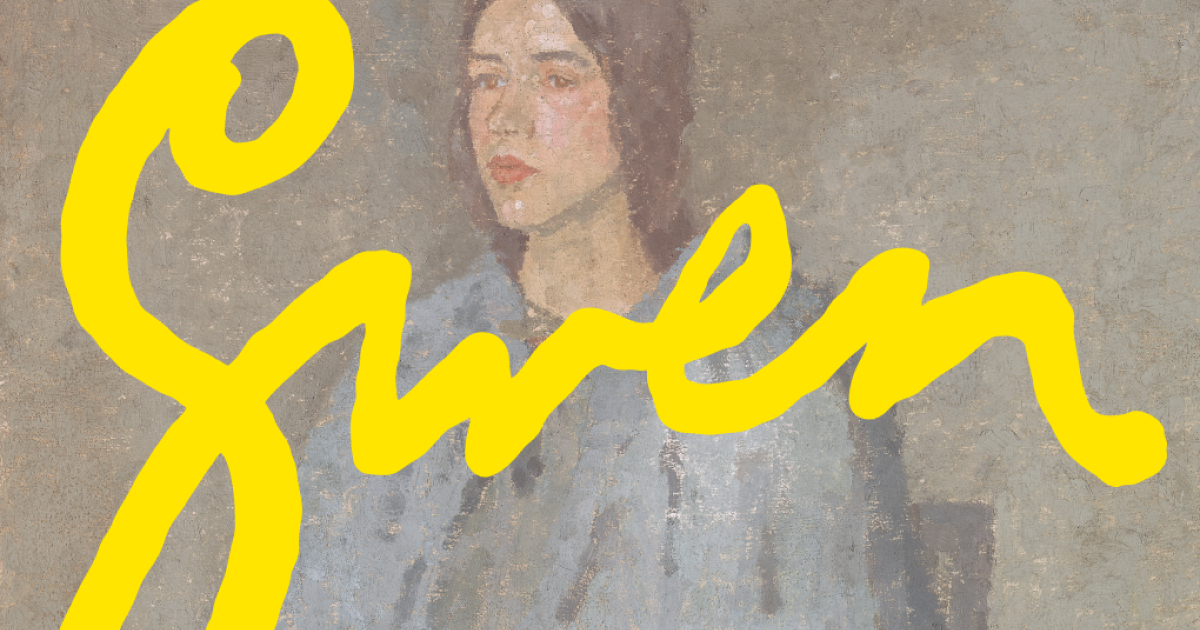The recent announcement from the Dicastery for the Causes of Saints that St John Henry Newman will be named a Doctor of the Church has special meaning for converts like me. For many of us, Newman’s Essay on the Development of Christian Doctrine (1845) and the Apologia Pro Vita Sua (1865) are the respective road map and debriefer‑by‑proxy of our journey into the Church. My own conversion was directly related to Newman’s “rediscovery” of the theology of the Apostolic Fathers and his recovery of the historical development of early Christian doctrine.
I converted from a distinctly American brand of Protestantism that claims to “restore New Testament Christianity”: known in the United States as the “Restoration Movement”. Its adherents reject the appellation “Protestant” because, the assertion goes, theirs is the faith and practice of the Apostles. They don’t “protest”; they “restore”. But this highly individualist sect is the inevitable end of a theological tradition that denies the legitimacy of apostolic teaching and the legitimate authority of the saints appointed to hand down the apostolic witness.
In this tradition, every preacher’s opinion is equal to that of every other. And all may be compared to Holy Scripture to “test” their authority. But none has the authority to teach from the deposit of faith handed down by the Apostles. Indeed, in this tradition, the very idea of a deposit of faith is anathema. And the authority to teach from it – and to determine its content – is rejected as “extra-biblical”.
Up to and including the converts Evelyn Waugh called “the second Spring”, many converts found their way into the Church because, in the words of Msgr Ronald Knox, they had found their Doubts. Indeed, pace Prendergast, “it was all very pleasant until my Doubts began.” Unlike Prendergast, I did not have doubts about the truth of Christianity. Rather, my Doubts were directed at the ahistorical version of Christianity with which I was raised.
The initial crisis that caused the Doubts was the broader assertion of sola scriptura: the dogma that, in knowing the Bible, one knows the mind of God without regard to the comfort of historical context. The Restorationist assertion is thus even worse: Scripture alone. There can be no church where Scripture is silent; Scripture itself is silent about itself. First, Scripture yields theology. Then, since one cannot have Christian Scripture at all, Scripture itself must be the New Testament. And it is the New Testament that is claimed to restore the practice of New Testament Christianity. These Doubts found no resolution.
I was just as moved as the shallow minds who read in Newman the iteration of Evelyn Waugh’s beloved final phrase. But I also saw in him the final historical, philosophical, theological and epistemological deficiencies with these assertions were simply ignored in my Protestant education. The resolution was found, of course, in the writings of the Apostolic Fathers and of Newman himself.
In the Essay on the Development of Christian Doctrine, Newman lamented that the “English Church” of his day “scarcely recognised” the fact that the twelfth ages and the schism between the Councils of Nicea and Trent, except as a period of one or two passages to illustrate its wild interpretations of Paul and Peter.
The American Church ought to welcome the recognition of the Apostles and Apostolic Fathers. These new men are formed by the apostolic witness and the authority it implies. A tradition that selects quotations from a book for their authority is indifferent to apostolic tradition. A tradition that sees the apostolic witness as the source of authority finds its anchor.
Thus, says Newman, no impossibility is more outrageous than to separate a man from his tradition. It is, he adds, as if “a tree could be severed from its roots, yet live and bear fruit”.
Many of these new men from the spring of faith will soon be heard from in public. They can already be known by anyone who remembers what “Doctor of Development” or Doctor of Doubts” means to be. I owe John Henry Newman a debt as enduring as it is universal. He converts the Church, and the Church converts us.
Dr Ken Craycraft is Professor of Moral Theology at Mount St Mary’s Seminary & School of Theology in Cincinnati, OH





.jpg)


